
Keep Sharp
Build a Better Brain at Any Age
ISBN: 9781501166730
Pages: 336
Recommendation
Many people fear losing mental acuity as they age. Yet dementia is not an inevitable consequence of aging. Synthesizing numerous scientific studies and providing real-life examples, neurosurgeon Sanjay Gupta describes in layperson’s terms how healthy brains function, how they deteriorate and what you can do to enhance your odds of staying sharp. It’s never too early to begin applying Gupta’s formula for brain health: Physical exercise plus mental exercise plus rest plus a healthy diet plus worthy relationships equals enhanced odds of maintaining sound brain function into your 70s, 80s and beyond.
Summary
About the Author
Neurosurgeon Sanjay Gupta is a New York Times best-selling author and chief medical correspondent for CNN.








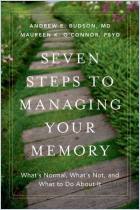
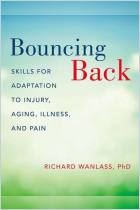
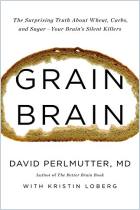
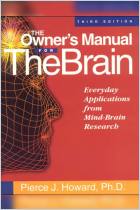
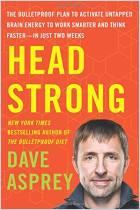
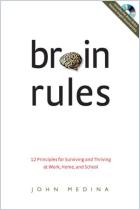
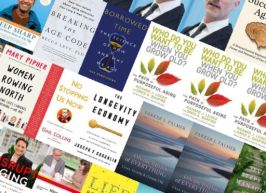



Comment on this summary